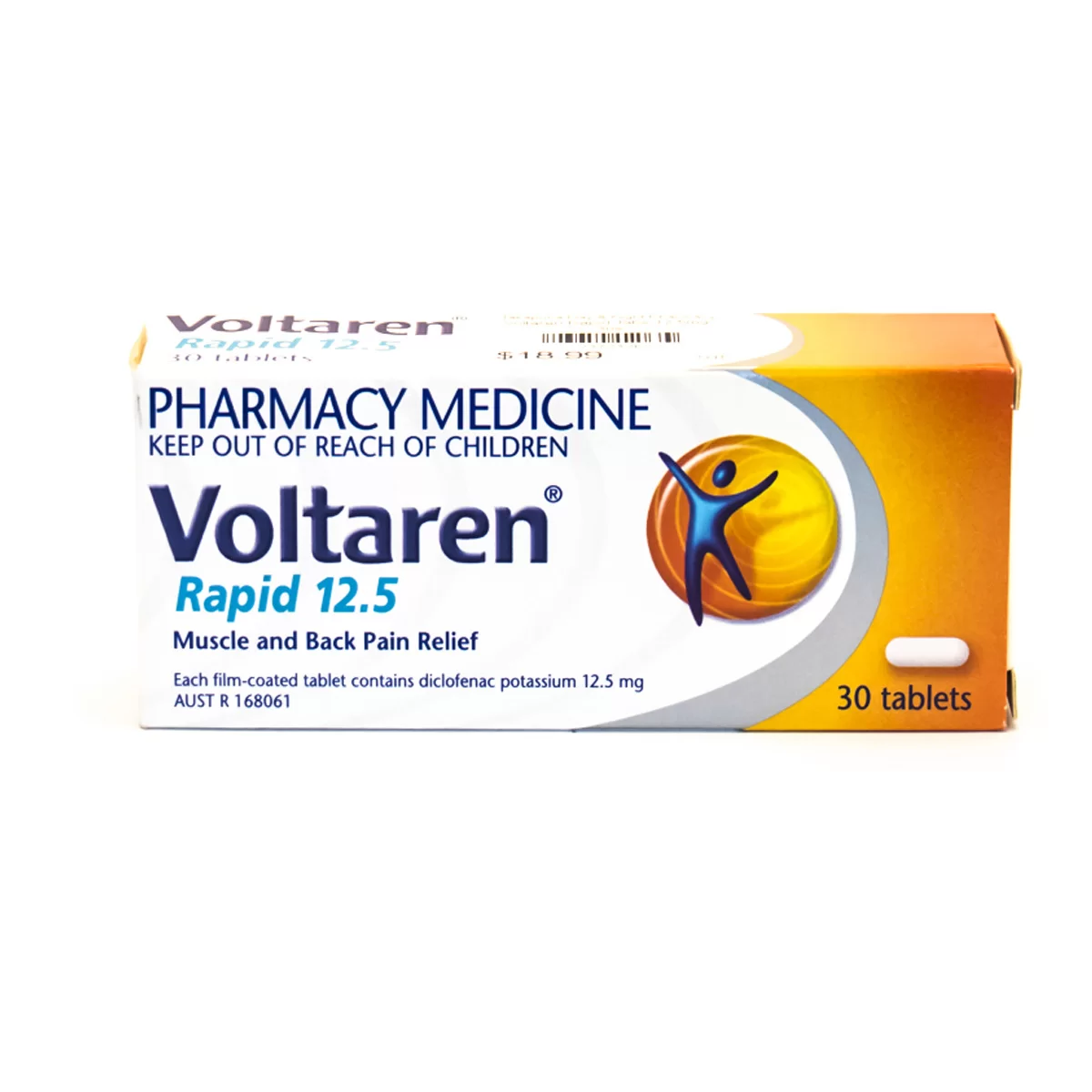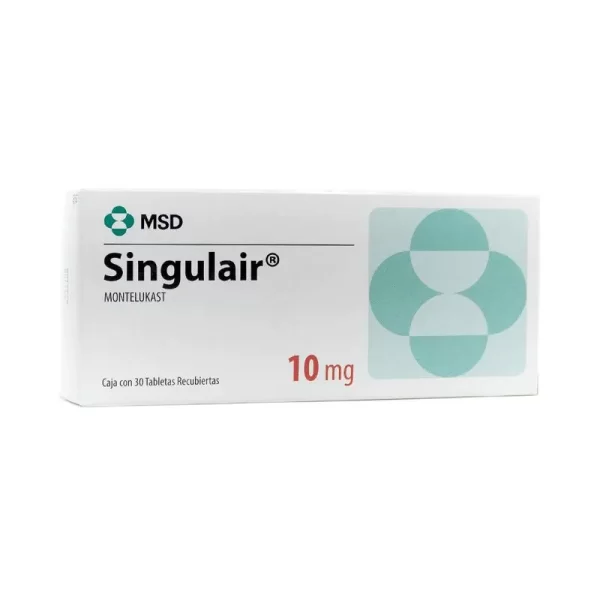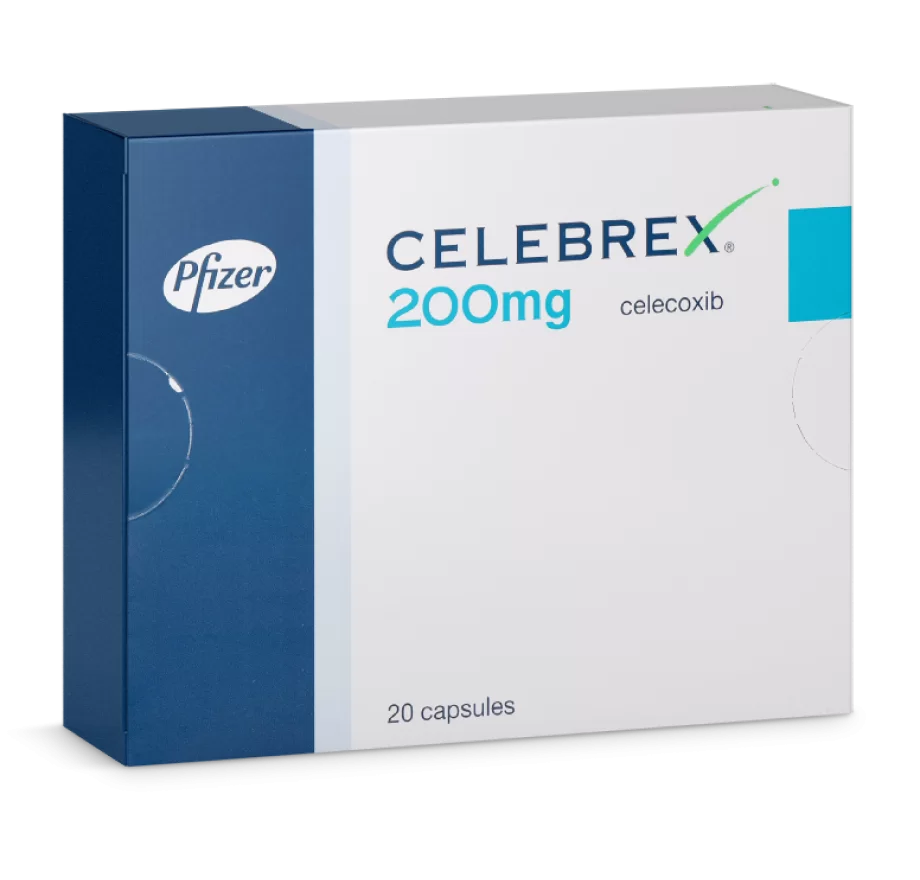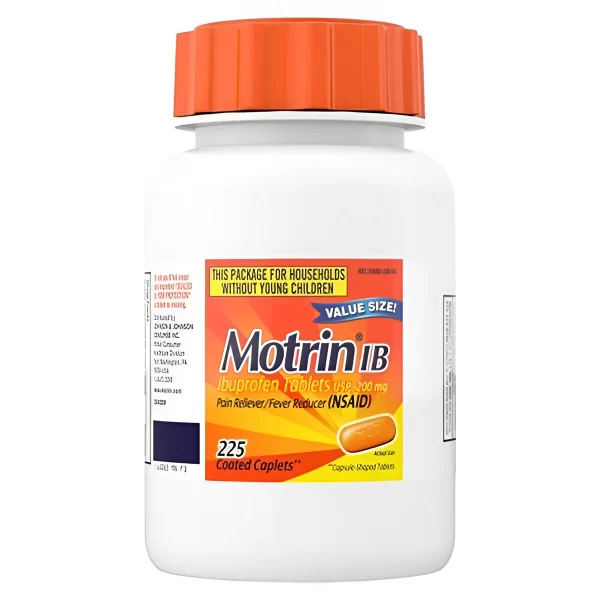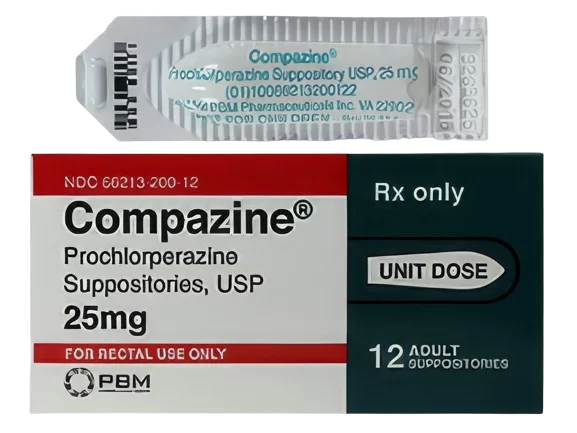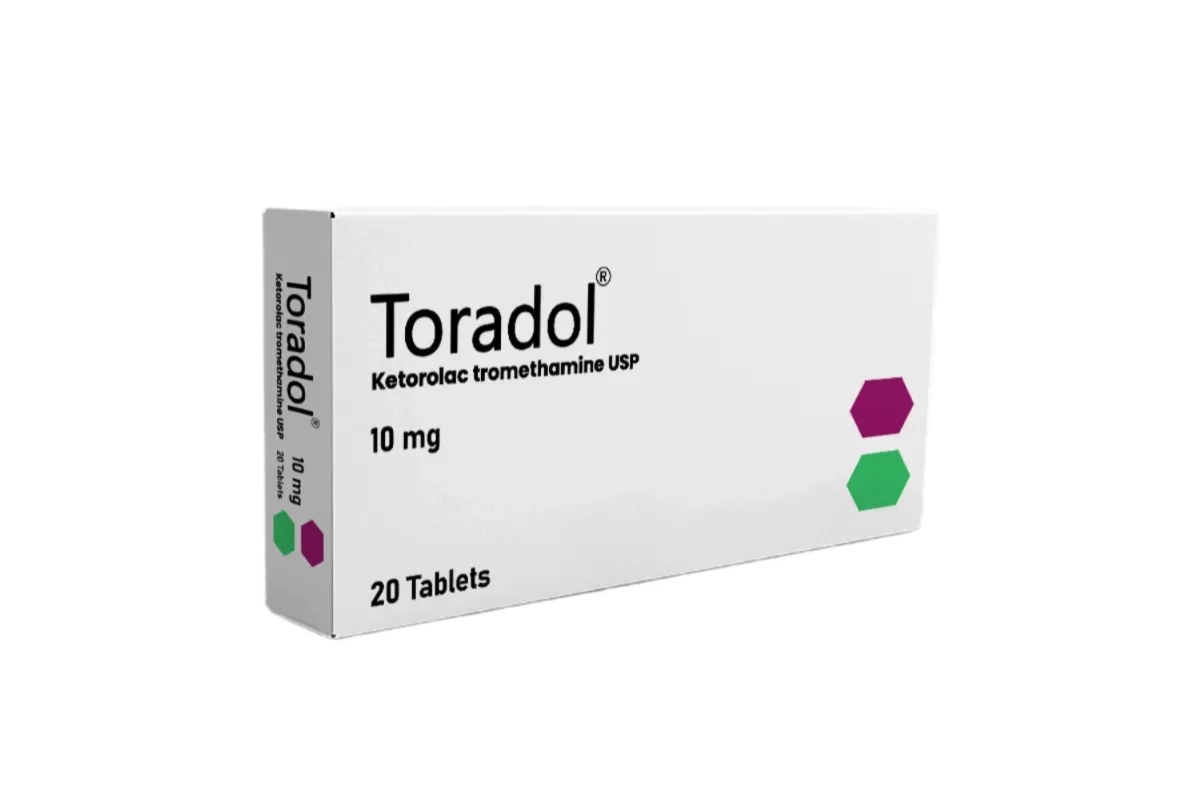
Toradol
Toradol - 10mg
Overview of Toradol
General Introduction to Toradol
- Toradol, also known as ketorolac tromethamine, is a nonsteroidal anti-inflammatory drug (NSAID) used for the short-term management of moderate to severe pain. It is commonly prescribed for postoperative pain, musculoskeletal injuries, and other acute pain conditions. Toradol is available in various forms, including oral tablets, injectable solutions, and nasal spray.
Key Benefits and Unique Properties of Toradol
- Effective Pain Relief: Provides significant relief for moderate to severe acute pain, reducing the need for opioid analgesics.
- Anti-Inflammatory Action: Reduces inflammation, beneficial for conditions with an inflammatory component.
- Rapid Onset of Action: Provides pain relief within 30 minutes to an hour after administration.
- Multiple Administration Routes: Available in oral, injectable, and nasal spray forms, offering flexibility in administration based on patient needs.
- Short-Term Use: Designed for short-term use (up to 5 days), minimizing the risk of long-term NSAID-related side effects.
- Non-Opioid Analgesic: Offers an alternative to opioid medications, helping to reduce the risks of opioid dependence and abuse.
- Postoperative Pain Management: Particularly effective in managing postoperative pain, reducing the need for additional pain medications.
Effectiveness of Toradol
- Clinical studies have demonstrated Toradol's effectiveness in managing acute pain, often comparable to low-dose opioids. It provides rapid pain relief, making it particularly useful in postoperative settings, musculoskeletal injuries, and other acute pain scenarios.
Safety and Tolerability of Toradol
- Toradol is generally well-tolerated when used as directed for short-term pain management. Common side effects include gastrointestinal issues such as nausea, indigestion, and abdominal pain. Serious side effects can include gastrointestinal bleeding, kidney dysfunction, and cardiovascular events, particularly with prolonged use. Adherence to prescribed duration and dosage minimizes these risks.
Indications for Use of Toradol
Diseases and Conditions Treated by Toradol
- Toradol is indicated for the short-term management of moderate to severe acute pain that requires analgesia at the opioid level, such as postoperative pain, musculoskeletal pain, renal colic, and other acute pain conditions.
Primary Symptoms and Indications for Toradol
- Postoperative Pain: Effectively manages pain following surgical procedures.
- Musculoskeletal Pain: Provides relief from acute musculoskeletal pain, including sprains, strains, and injuries.
- Renal Colic: Alleviates pain associated with kidney stones.
- Acute Pain Conditions: Suitable for other acute pain scenarios where short-term relief is required.
Dosage and Administration of Toradol
Recommended Dosage of Toradol
- For adults, the typical oral dose is 10 mg every 4 to 6 hours as needed, not exceeding 40 mg per day. The injectable form is often administered at an initial dose of 30 mg IV or IM, followed by 15-30 mg every 6 hours, not exceeding 120 mg per day. The nasal spray dosage is typically one spray (15.75 mg) in each nostril every 6 to 8 hours, not exceeding 8 sprays (126 mg) per day.
Timing and Frequency of Toradol Administration
- Oral and Injectable Forms: Administered every 4 to 6 hours as needed for pain, with careful monitoring of the total daily dosage to avoid exceeding recommended limits.
- Nasal Spray: Typically used every 6 to 8 hours, ensuring not to exceed the maximum daily dosage.
Additional Recommendations for Toradol Use
- Proper Use: Follow the dosing instructions provided by a healthcare professional. Do not use Toradol for more than 5 days due to the risk of serious side effects.
- Missed Dose: If a dose is missed, take it as soon as remembered unless it is almost time for the next dose. Do not double the dose to make up for the missed one.
Mechanism of Action of Toradol
Description of Toradol Mechanism
- Toradol works by inhibiting the cyclooxygenase (COX) enzymes COX-1 and COX-2, which are involved in the synthesis of prostaglandins. Prostaglandins are mediators of pain, inflammation, and fever. By reducing prostaglandin production, Toradol alleviates pain and reduces inflammation.
Biochemical Processes Involving Toradol
- COX Inhibition: Inhibits both COX-1 and COX-2 enzymes, leading to decreased production of prostaglandins.
- Anti-Inflammatory and Analgesic Effects: Reduces inflammation and provides significant analgesic effects, making it effective for acute pain management.
Physiological Effects of Toradol
- Pain Relief: Provides rapid and effective relief from moderate to severe pain.
- Inflammation Reduction: Reduces inflammation, which can help in conditions with an inflammatory component.
- Antipyretic Effect: Lowers fever by inhibiting prostaglandin synthesis in the hypothalamus.
Composition of Toradol
Active Ingredients in Toradol
- The active ingredient in Toradol is ketorolac tromethamine, a nonsteroidal anti-inflammatory drug (NSAID) that provides analgesic, anti-inflammatory, and antipyretic effects.
Inactive Ingredients in Toradol
- Inactive ingredients may include microcrystalline cellulose, lactose monohydrate, magnesium stearate, and others depending on the formulation. These ingredients help stabilize the formulation and ensure proper delivery of the medication.
Side Effects of Toradol
General Introduction
- Understanding potential side effects helps ensure the safe use of Toradol. Patients should be aware of common and serious side effects to monitor their health effectively while on the medication.
Possible Side Effects of Toradol
- Common Side Effects: Nausea, indigestion, abdominal pain, headache, dizziness, and drowsiness. These side effects are usually mild and transient.
- Less Common Side Effects: Some patients may experience diarrhea, constipation, flatulence, and dry mouth.
- Serious Side Effects: Rare but serious side effects include gastrointestinal bleeding, kidney dysfunction, and cardiovascular events. Immediate medical attention is required if any serious side effects occur.
Frequency and Severity of Toradol Side Effects
- Common side effects are generally mild and do not significantly interfere with daily activities. Severe side effects are rare but can be serious, necessitating immediate medical intervention. Regular follow-ups and patient education on correct usage can minimize risks.
Prevention of Side Effects of Toradol
General Introduction
- Preventing side effects is key to maximizing the therapeutic benefits of Toradol. By following preventive measures, patients can reduce the likelihood of experiencing adverse reactions.
Tips for Preventing Toradol Side Effects
- Proper Technique: Use Toradol as directed, following the instructions for proper administration.
- Regular Monitoring: Regular check-ups with healthcare providers can help detect and manage potential side effects early.
- Healthy Practices: Avoid alcohol and smoking, which can increase the risk of gastrointestinal bleeding.
- Consult Healthcare Providers: Inform your healthcare provider about any other medications or supplements to avoid potential interactions.
Contraindications for Toradol
General Introduction
- Understanding contraindications ensures the safe use of Toradol. Certain conditions and diseases may preclude the use of this medication.
Conditions and Diseases Contraindicating Toradol
- Hypersensitivity: Patients with a known hypersensitivity to ketorolac or any of its components should not use this medication. Allergic reactions can include symptoms such as rash, itching, swelling, and difficulty breathing.
- Gastrointestinal Issues: Contraindicated in patients with active or history of peptic ulcer disease, gastrointestinal bleeding, or perforation.
- Renal Impairment: Should not be used in patients with advanced renal impairment or in those at risk of renal failure due to volume depletion.
- Bleeding Disorders: Contraindicated in patients with coagulation disorders or those receiving anticoagulant therapy.
- Pregnancy and Breastfeeding: Not recommended during pregnancy (especially in the third trimester) and breastfeeding due to potential risks to the fetus and infant.
Warnings/Precautions for Toradol
General Introduction
- Following precautions is essential to ensure the safe and effective use of Toradol. Patients should be informed about potential risks and how to mitigate them.
Important Warnings for Toradol
- Gastrointestinal Risks: Increased risk of gastrointestinal bleeding, ulceration, and perforation, particularly with prolonged use. Patients should be monitored for signs of gastrointestinal distress.
- Renal Function: Monitor renal function in patients with pre-existing kidney conditions or those at risk of renal impairment.
- Cardiovascular Risks: May increase the risk of cardiovascular events such as heart attack and stroke, particularly in patients with existing cardiovascular conditions.
Precautions for Toradol Use
- Regular Monitoring: Regular check-ups with healthcare providers are essential to monitor for potential side effects and ensure effective treatment.
- Patient Education: Patients should be educated on the proper use of Toradol, recognizing signs of serious side effects, and when to seek medical help.
Missed Dose of Toradol
General Introduction
- Proper management of missed doses helps maintain effective pain control. Patients should be aware of how to handle missed doses to avoid disruptions in their treatment regimen2. Steps to Take if a Dose is Missed
- Timely Action: Take the missed dose as soon as remembered unless it is almost time for the next dose.
- Avoid Doubling: Do not double the dose to make up for the missed one. Instead, continue with the next dose as scheduled.
Tips for Adherence to Dosing Schedule
- Set Reminders: Use alarms or reminders on your phone to remember to take your doses.
- Consistent Routine: Take the medication at the same time every day to reduce the likelihood of missing a dose.
- Medication Organizer: Use a pill organizer to keep track of your doses and avoid missing any.
Drug Interactions with Toradol
General Introduction
- Understanding drug interactions is crucial for ensuring the safe use of Toradol. Some medications can affect the action of Toradol or increase the risk of side effects.
Examples of Drug Interactions
- Anticoagulants and Antiplatelet Drugs: Using Toradol with anticoagulants (e.g., warfarin) or antiplatelet drugs (e.g., aspirin) can increase the risk of bleeding.
- Other NSAIDs: Combining Toradol with other NSAIDs (e.g., ibuprofen) can increase the risk of side effects such as gastrointestinal bleeding.
- ACE Inhibitors and ARBs: Using Toradol with ACE inhibitors (e.g., lisinopril) or ARBs (e.g., losartan) can reduce their effectiveness and increase the risk of kidney dysfunction.
- Diuretics: Loop diuretics (e.g., furosemide) may have reduced efficacy when used with Toradol, increasing the risk of kidney dysfunction.
- Selective Serotonin Reuptake Inhibitors (SSRIs): Using Toradol with SSRIs (e.g., fluoxetine) can increase the risk of gastrointestinal bleeding.
Preventing Negative Interactions
- Inform Healthcare Providers: Inform your healthcare provider about all medications and supplements you are taking.
- Monitor for Symptoms: Watch for signs of side effects or unusual reactions and report them to your healthcare provider promptly.
Overdose of Toradol
Symptoms of Overdose
- Common Symptoms: Nausea, vomiting, abdominal pain, bleeding, headache, drowsiness, and dizziness.
- Severe Symptoms: Kidney failure, gastrointestinal bleeding, hypertension, respiratory distress, coma.
Immediate Actions in Case of Overdose
- Seek Medical Help: Immediately seek medical attention if an overdose is suspected.
- Supportive Measures: Medical personnel may provide supportive measures such as gastric lavage, activated charcoal administration, symptom control, and monitoring of vital functions.
Pharmacokinetics of Toradol
Absorption
- Rate and Extent: Toradol is rapidly absorbed after oral or injectable administration, reaching peak plasma concentrations within 30-60 minutes.
Distribution
- Tissue Distribution: Widely distributed throughout body tissues, with high concentrations in the kidneys and liver.
Metabolism
- Metabolic Pathways: Metabolized in the liver through hydroxylation and conjugation, with metabolites excreted in the urine.
Elimination
- Excretion: Primarily excreted in the urine as metabolites and unchanged drug.
- Half-Life: The half-life is approximately 5-6 hours in healthy adults.
Dosage Forms of Toradol
Available Forms and Strengths
- Oral Tablets: 10 mg.
- Injectable Solutions: 15 mg/mL and 30 mg/mL.
- Nasal Spray: 15.75 mg per spray.
Advantages of Different Forms
- Oral Tablets: Convenient for outpatient use.
- Injectable Solutions: Rapid onset of action, useful in inpatient settings.
- Nasal Spray: Convenient use, rapid absorption through the nasal mucosa.
Pregnancy and Breastfeeding
Safety During Pregnancy
- Risks to Fetus: Use of Toradol in the third trimester of pregnancy may cause premature closure of the ductus arteriosus in the fetus and other complications.
- Recommendations: Toradol is not recommended during pregnancy, especially in the third trimester.
Safety During Breastfeeding
- Excretion in Breast Milk: Toradol is excreted in breast milk in small amounts.
- Recommendations: Due to potential risks to the breastfeeding infant, it is recommended to avoid using Toradol while breastfeeding.
Storage Conditions
General Storage Recommendations
- Storage Temperature: Store at room temperature between 20°C to 25°C (68°F to 77°F).
- Protection from Light and Moisture: Keep in the original packaging, protected from light and moisture.
Shelf Life
- Expiration Date: Check the expiration date on the package and do not use the medication after it has expired.
Clinical Trials and Efficacy
Overview of Clinical Trials
- Study Design and Methods: Clinical trials include randomized controlled trials assessing the efficacy and safety of Toradol in the treatment of acute pain.
Key Findings and Conclusions
- Efficacy Results: Studies have shown that Toradol is effective in reducing pain, comparable to low-dose opioids.
- Safety Profile: Side effects are generally mild and transient, with serious side effects being rare when used correctly.
Conclusion
Summary of Key Aspects:
- Toradol is a potent nonsteroidal anti-inflammatory drug that effectively manages moderate to severe acute pain. It offers rapid and significant analgesic effects and is available in various forms for flexible administration.
Recommendations for Improving Therapy:
- Follow healthcare professional instructions to optimize treatment and minimize the risk of side effects. Regular check-ups and informing your doctor of any health changes will help maintain the effectiveness of the therapy.
Final Conclusion:
- Toradol provides significant pain relief and helps improve the quality of life for patients with acute pain conditions. Proper use and adherence to precautions maximize the therapeutic benefits and minimize risks.
